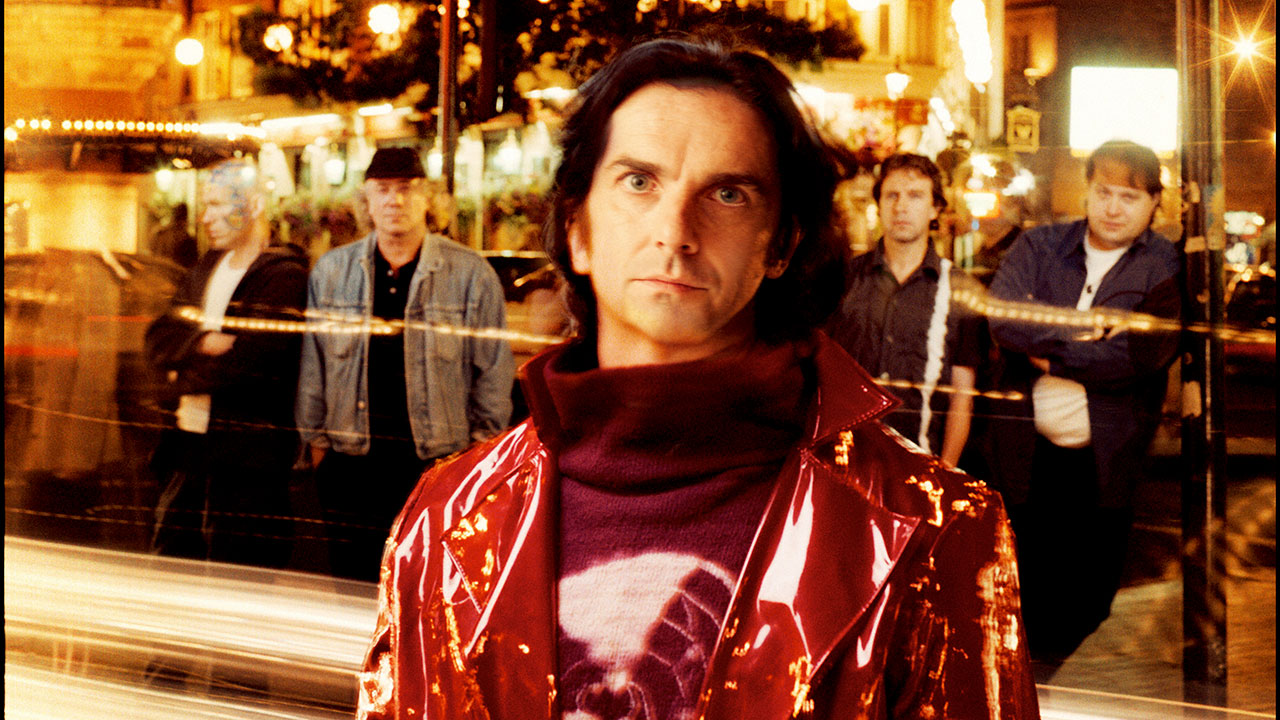You can trust Louder
Wikipedia defines a Rube Goldberg machine as “an invention… that is deliberately over-engineered to perform a simple task in a complicated fashion.” Some might argue that many prog musicians’ wilfully difficult approach to playing straightforward rock’n’roll makes them its musical equivalent. But when the result ties carefully interwoven tapestries of riffs, melodies and rhythms together in the beguiling fashion of this London trio, you won’t consider the comparison as a negative one.
That’s a complicated way of saying that this album rocks… in its own sweet way. But while you might have to wait for this record’s charms to fully reveal themselves, RGM waste no time in giving us their best material. A brilliantly brooding, prowling bass sound underpins opening track Background Noise. The slippery fretless bass and pinched guitar licks of the title track manage to blend post-punk angularity with pastoral folk pop textures. The similarly staccato feel of Times Square is equally riveting, but either side there are also some big, broad choruses to charm you before the gnarly little details suck you further into a marvellously layered, highly exhilarating debut album.
Sign up below to get the latest from Prog, plus exclusive special offers, direct to your inbox!
Johnny is a regular contributor to Prog and Classic Rock magazines, both online and in print. Johnny is a highly experienced and versatile music writer whose tastes range from prog and hard rock to R’n’B, funk, folk and blues. He has written about music professionally for 30 years, surviving the Britpop wars at the NME in the 90s (under the hard-to-shake teenage nickname Johnny Cigarettes) before branching out to newspapers such as The Guardian and The Independent and magazines such as Uncut, Record Collector and, of course, Prog and Classic Rock.


